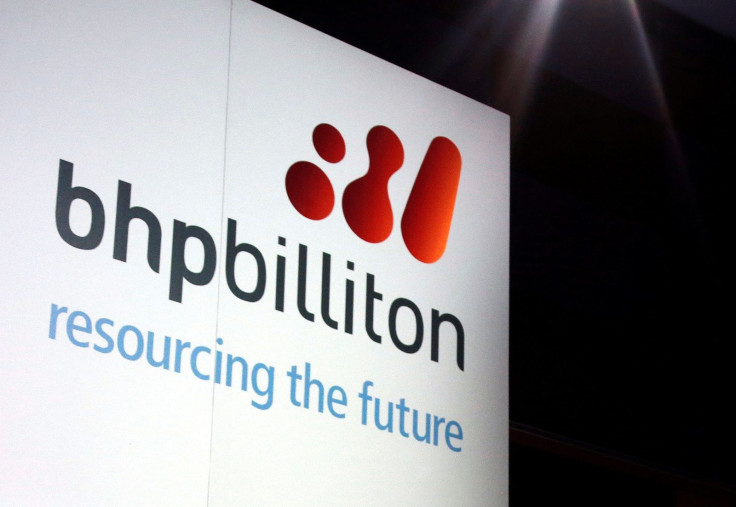BHP Billiton to invest further in oil sector, forecasts demand to meet supply this year

BHP Billiton said it will be investing further in the oil market sector as prices experience a stable recovery. The mining giant believes oil demand will grow and come at par with supply this year.
"Based on modestly higher growth in absolute demand and the need to replenish existing natural field decline, we estimate the world will need about 30 million barrels of oil a day by 2025," BHP Petroleum Operations president Steve Pastor said. "We think investing counter-cyclically is a smart idea."
The mining company recently finalised an agreement with PEMEX to invest in the deepwater Trion oil discovery in the Gulf of Mexico. As part of the agreement, BHP Billiton will invest at least US$382 million (AU$508.8 million), going up to $US1.2 billion (AU$1.6 billion), in an effort to explore offshore permits. Last month, an investment worth US$2.2 billion for a share in the Gulf of Mexico’s Mad Dog Phase 2 crude oil project was approved by BHP Billiton.
However, Pastor has also expressed concern about a possible oil shortage the world could face in the next five years. This comes as inadequate OPEC and US shale production impedes the ability to meet demand.
“In recent years, investment has been extremely weak by historic standards and we think this creates a clear potential for the world, again, to be short of oil,” Pastor said. “Because of underinvestment in the last few years, we’re dangerously at risk of actually being short on supply as we look to 2022.”
Last year, BHP Billiton reduced its shale drilling program to a minimum. This followed a downslide in prices of oil and gas in 2016, which further prompted the company to bring down its US shale asset value by US$7.2 billion (AU$9.5 billion). At the same time, crude prices have grown, currently standing at US$53 (AU$70.6) a barrel. BHP Billiton is prioritising concentrating on its petroleum business. It is among the lowest unit cash costs in Australia.
BHP Billiton returned to the path of profitability in the six months to December. Its US$3.2 billion (AU$4.26 billion) profit was largely attributed to prices in iron ore, coal and petroleum. The company’s shares witnessed a slump by 1.3 percent, or 32 cents, to settle at $25.18.






